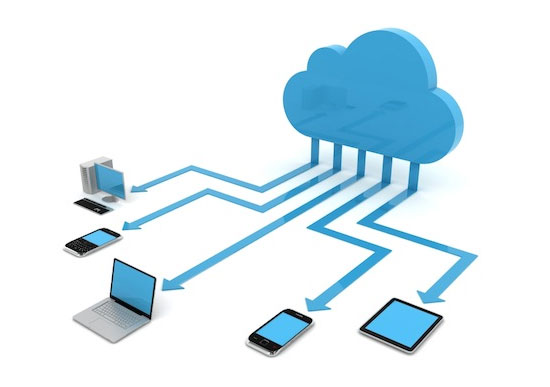With the increasing reliance on technology, it is becoming increasingly necessary to secure every aspect of online information and data. As the Internet grows and computer networks become more important, data integrity has become one of the most essential aspects for companies. Let’s take a look at why network security is essential in today’s digital age.
Why is network security essential?
Network security is one of the essential aspects to check when working on the Internet, LAN, or any other method, no matter the SMB. While there is no network available that is resistant to attacks, a durable and efficient network security system is essential to protect client data. A reliable network security system helps companies reduce the risk of falling victim to data theft and destruction.
Network security helps protect your workstations from malicious spyware. It also assures that the shared data is kept secure. Network security infrastructures offer different levels of security to prevent MIM attacks by breaking down information into different parts, encrypting those elements, and communicating them in independent ways, thus blocking cases such as eavesdropping.
Connecting to the Internet suggests that you will get a lot of traffic. Large traffic can cause stability issues and create vulnerabilities in the system. Network security promotes the authenticity of your network by restricting lagging and downtime through continuous monitoring of any suspicious transactions that may attack the system.
How can things go wrong in networks that will impact individuals and companies?
Hacking your network can put you out of productivity. There may be sabotage. This typically involves drilling misinformation into the system. This is just one of the various tactics employed by hackers. By providing false information, your organization’s reputation can be called into the catechism and consumers can feel cheated.
The breakdown of intellectual resources is also one of the effects of weak network security systems. Hacking provides disallowed access to an organization or someone’s information. For example, the Citibank security breach affected about 1% of its customers in the US. If a hacker enters and takes in plans, ideas, or blueprints, the organization may miss out on being able to execute new plans and products. This may result in loss to the company or it may stagnate.
The organization may also experience revenue loss. The biggest attacks that occur on a network can point to a crash. With prolonged downtime, your organization will have to close any deals that can lead to revenue loss. The longer the network is down, the bigger the revenue will be lost, and your organization will start to get confused and potentially lose credibility.

How can Education and Training in Cyber Security help Individuals Keep Networks Running Safely?
A well-informed education in cyber and network security can enlighten you about the various common techniques hackers use to gain access to networks and give you the practical training you need to consider easier security methods and Even a highly technical, established block do. Cyber-criminals coming in.
• Here are some capabilities and instructions you should look for in any cybersecurity plan:
• Setup, troubleshoot, and manage equipment, software, or services for individual, multiple, and mixed use environments. Anticipate issues and monitor networks to ensure it is open to users; know the customer needs and use this information to assess, design and evaluate the needs of the network.
• Design, implement and coordinate network security models, monitor networks for security breaches and install security software.
• The practice equips you with how to handle cyber security measures to manage employee conduct and protect data with respect to the security of information.
• Learn how to perform vulnerability analysis and penetration testing of companies.
In addition, you will gain sufficient knowledge on how to monitor and protect networks by demonstrating basic security methods and policies. Now, the need for information security analysts is on the rise. According to the Bureau of Labor and Statistics, the recruitment rate is projected to grow at a rate of 18% over the next decade. The greatest employers require their cyber and network security team to have at least a bachelor’s degree, sometimes giving preference to representatives who have previously obtained IT certifications.



